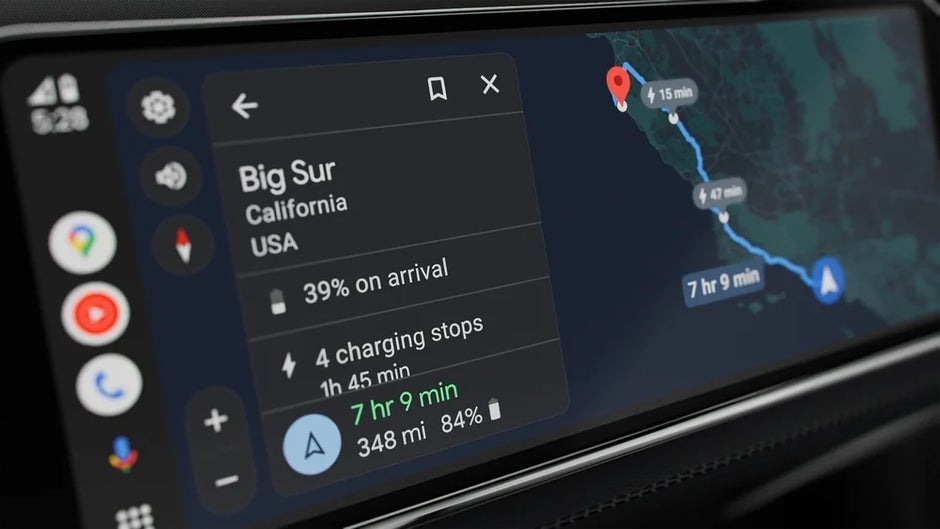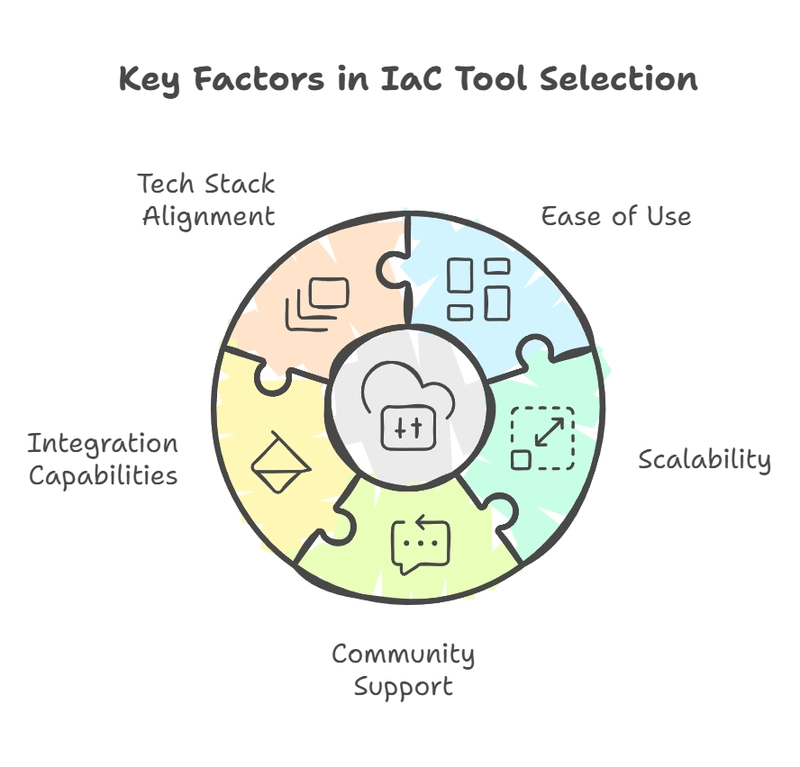Understanding the Relation Between FastAPI and Uvicorn
If you're coming from a JavaScript ecosystem (like I did) and are trying to develop apps in Python, you’ll likely find yourself comparing the components to better understand how they map across. Well, I’ve done that comparison for you — thank me later! Let’s first take a look at the Python components and see how they compare to their JavaScript counterparts. FastAPI and Uvicorn are two essential building blocks when developing high-performance Python APIs. FastAPI is the web framework. It helps you define routes, handle requests, perform validation, and build APIs easily. It follows the ASGI (Asynchronous Server Gateway Interface) standard. Uvicorn is the ASGI server. It is responsible for running your FastAPI app, handling incoming HTTP connections, and managing the event loop efficiently. To illustrate this, think of FastAPI as the chef preparing the food (your API responses), and Uvicorn as the waiter delivering that food to the customer (handling requests and responses). In simple terms: FastAPI builds the application, Uvicorn serves it to the world. You develop your API with FastAPI, then use Uvicorn to launch it like this: uvicorn main:app --reload Here, main is your Python file, and app is your FastAPI instance. Together, FastAPI and Uvicorn enable you to build modern, fast, and scalable Python APIs with minimal effort. Comparison Aspect FastAPI + Uvicorn Node.js Ecosystem (Express.js/Fastify) Framework FastAPI (Python web framework) Express.js, Fastify (JavaScript frameworks) Server Uvicorn (ASGI server) Node.js HTTP server (Express.js, Fastify) Asynchronous Support Natively asynchronous (async/await) Natively asynchronous (async/await, Promises) Performance High performance, handles many concurrent requests High performance with event-driven architecture Serving the App uvicorn main:app --reload node server.js Use Case Ideal for high-performance, async I/O-bound APIs Ideal for handling many concurrent connections Chef/Waiter Analogy FastAPI is the chef, Uvicorn is the waiter Express/Fastify is the chef, Node.js is the waiter
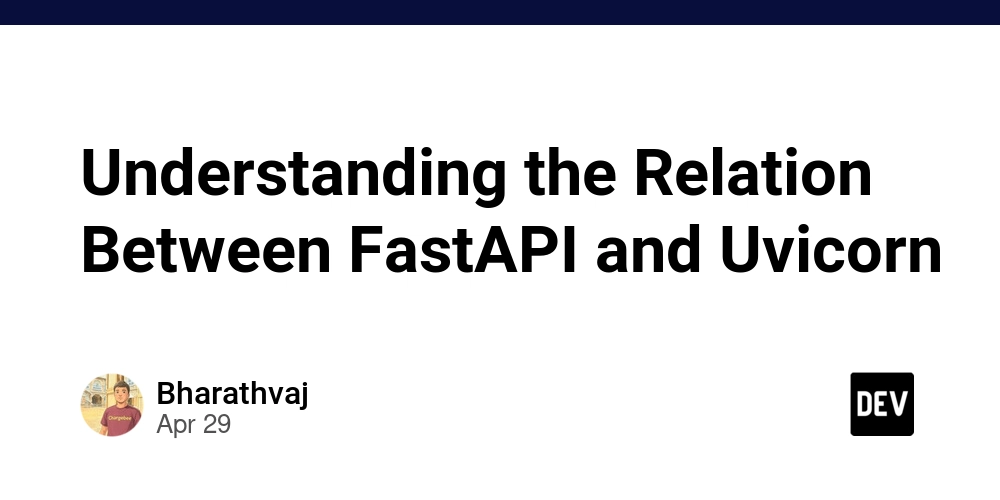
If you're coming from a JavaScript ecosystem (like I did) and are trying to develop apps in Python, you’ll likely find yourself comparing the components to better understand how they map across. Well, I’ve done that comparison for you — thank me later!
Let’s first take a look at the Python components and see how they compare to their JavaScript counterparts.
FastAPI and Uvicorn are two essential building blocks when developing high-performance Python APIs.
FastAPI is the web framework. It helps you define routes, handle requests, perform validation, and build APIs easily. It follows the ASGI (Asynchronous Server Gateway Interface) standard.
Uvicorn is the ASGI server. It is responsible for running your FastAPI app, handling incoming HTTP connections, and managing the event loop efficiently.
To illustrate this, think of FastAPI as the chef preparing the food (your API responses), and Uvicorn as the waiter delivering that food to the customer (handling requests and responses).
In simple terms:
FastAPI builds the application,
Uvicorn serves it to the world.
You develop your API with FastAPI, then use Uvicorn to launch it like this:
uvicorn main:app --reload
Here, main is your Python file, and app is your FastAPI instance. Together, FastAPI and Uvicorn enable you to build modern, fast, and scalable Python APIs with minimal effort.
Comparison
| Aspect | FastAPI + Uvicorn | Node.js Ecosystem (Express.js/Fastify) |
|---|---|---|
| Framework | FastAPI (Python web framework) | Express.js, Fastify (JavaScript frameworks) |
| Server | Uvicorn (ASGI server) | Node.js HTTP server (Express.js, Fastify) |
| Asynchronous Support | Natively asynchronous (async/await) | Natively asynchronous (async/await, Promises) |
| Performance | High performance, handles many concurrent requests | High performance with event-driven architecture |
| Serving the App | uvicorn main:app --reload |
node server.js |
| Use Case | Ideal for high-performance, async I/O-bound APIs | Ideal for handling many concurrent connections |
| Chef/Waiter Analogy | FastAPI is the chef, Uvicorn is the waiter | Express/Fastify is the chef, Node.js is the waiter |


































































































































































![[The AI Show Episode 145]: OpenAI Releases o3 and o4-mini, AI Is Causing “Quiet Layoffs,” Executive Order on Youth AI Education & GPT-4o’s Controversial Update](https://www.marketingaiinstitute.com/hubfs/ep%20145%20cover.png)















































































































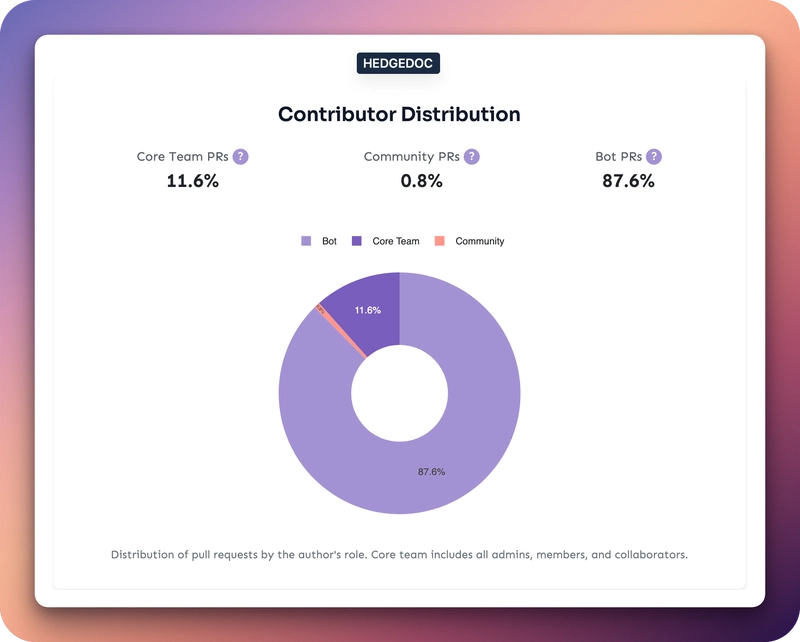



































































































































.png?width=1920&height=1920&fit=bounds&quality=70&format=jpg&auto=webp#)





















_Vladimir_Stanisic_Alamy.jpg?width=1280&auto=webp&quality=80&disable=upscale#)












































































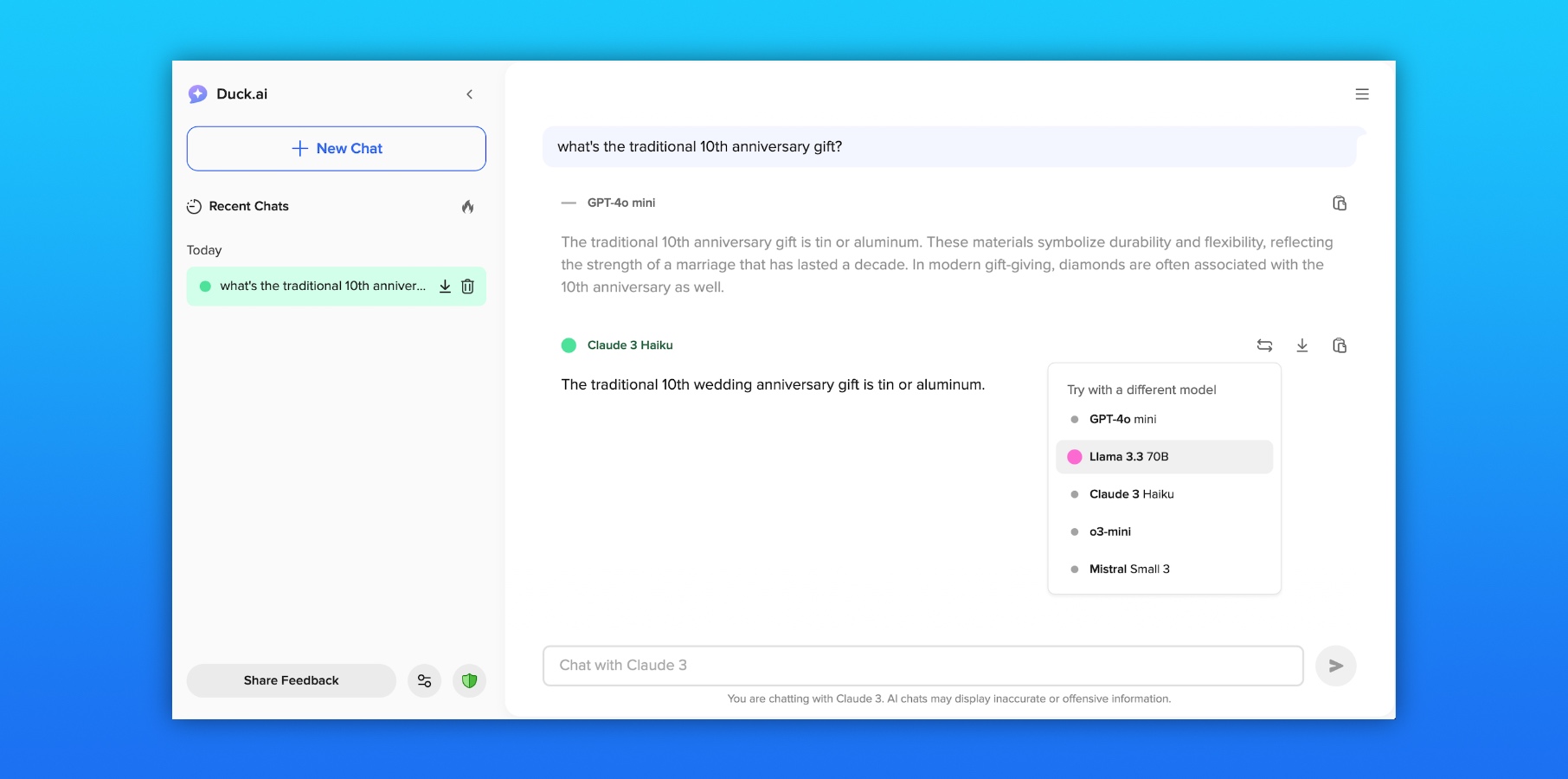





![Amazon to display cost of tariffs on products in 'hostile and political' act [u]](https://photos5.appleinsider.com/gallery/63442-131837-000-lede-Amazon-xl.jpg)
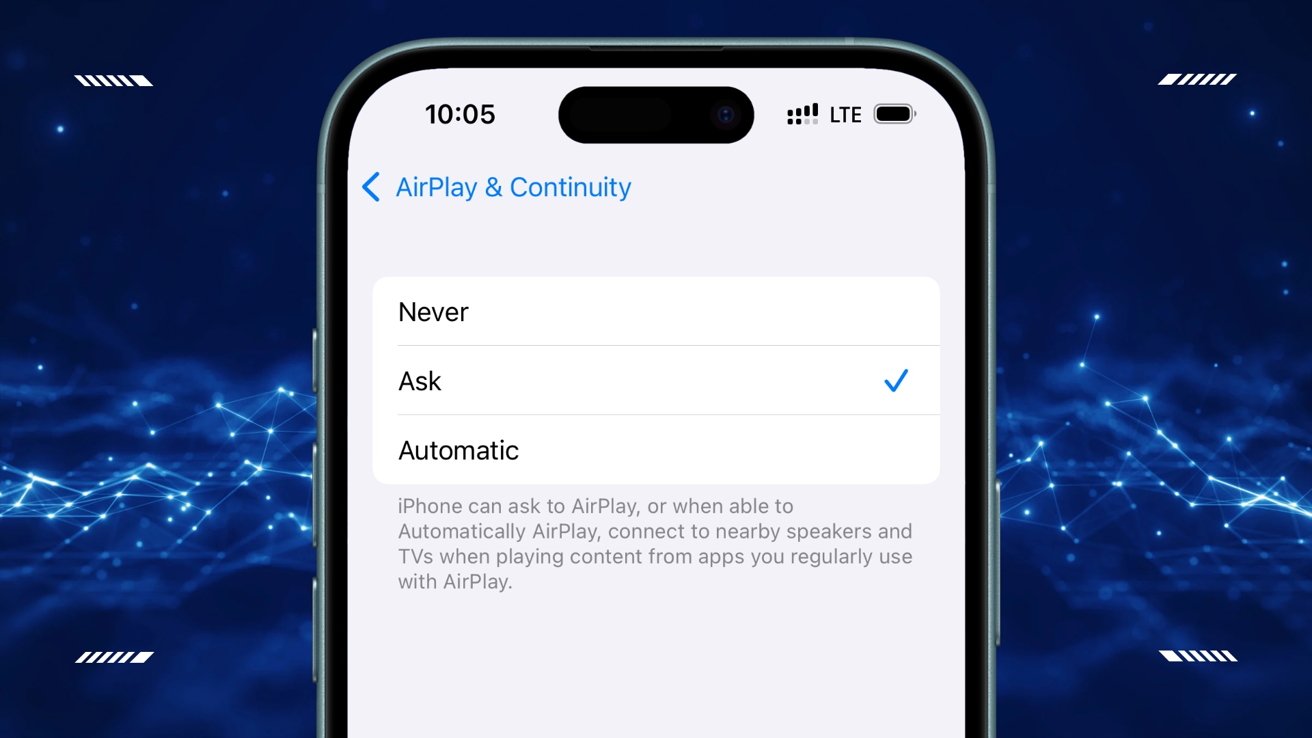





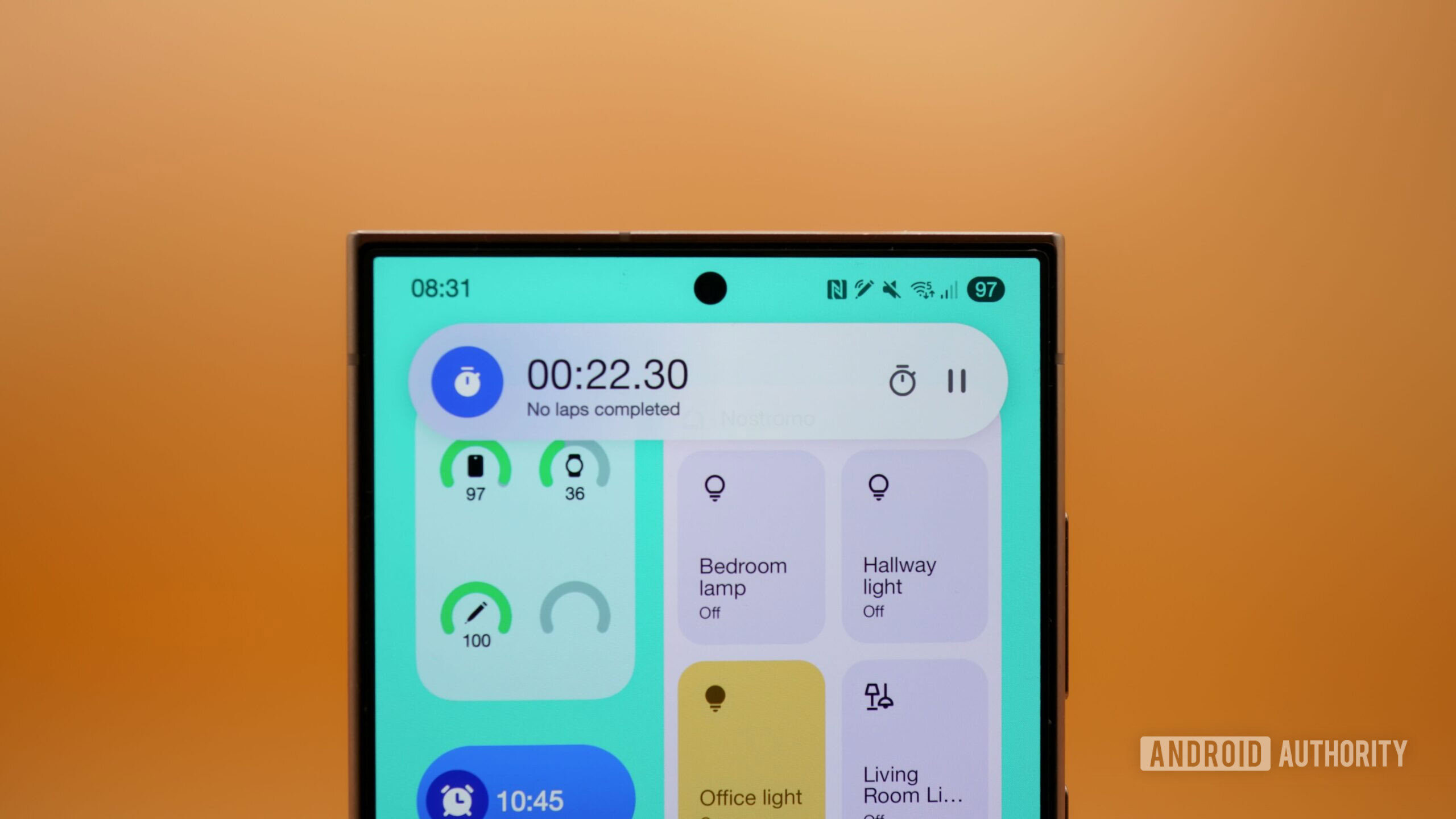

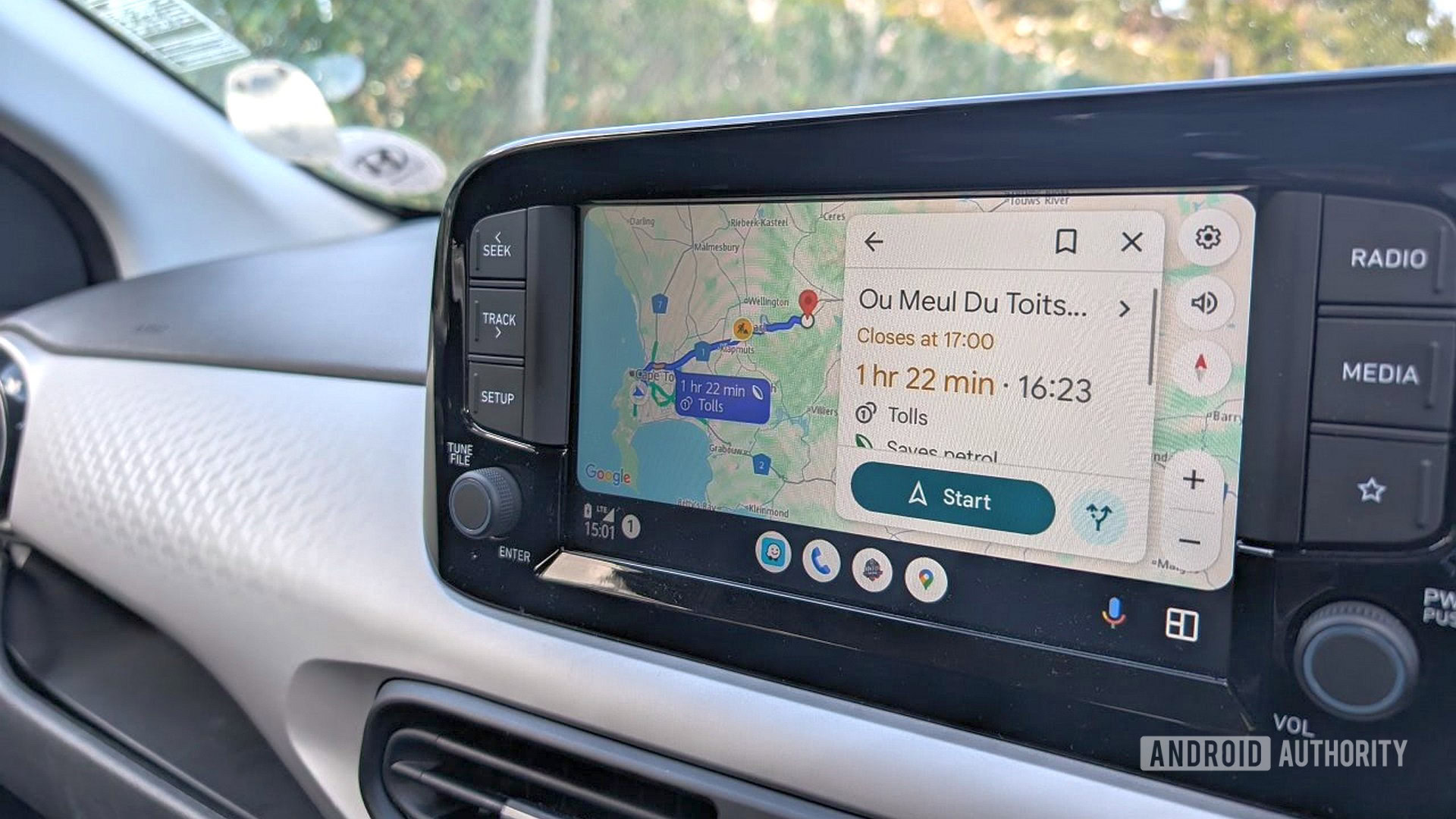




















![AirPods Pro 2 With USB-C Back On Sale for Just $169! [Deal]](https://www.iclarified.com/images/news/96315/96315/96315-640.jpg)
![Apple Releases iOS 18.5 Beta 4 and iPadOS 18.5 Beta 4 [Download]](https://www.iclarified.com/images/news/97145/97145/97145-640.jpg)
![Apple Seeds watchOS 11.5 Beta 4 to Developers [Download]](https://www.iclarified.com/images/news/97147/97147/97147-640.jpg)











































![Did T-Mobile just upgrade your plan again? Not exactly, despite confusing email [UPDATED]](https://m-cdn.phonearena.com/images/article/169902-two/Did-T-Mobile-just-upgrade-your-plan-again-Not-exactly-despite-confusing-email-UPDATED.jpg?#)
